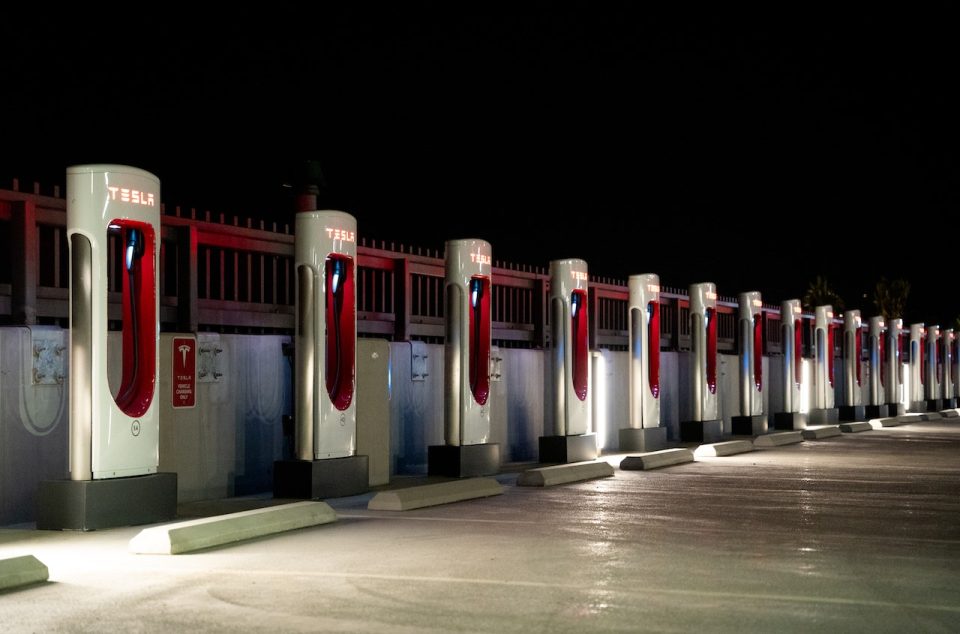Tesla has called on the Australian government to transform the nation into a hub for processing minerals crucial for electric vehicle (EV) batteries. In a recent address at a conference in Canberra, Robyn Denholm, Chair of Tesla, proposed offering tax incentives to attract investment in this critical sector. Denholm urged the government to implement a mechanism similar to the Biden administration’s Inflation Reduction Act, which grants tax credits to EV manufacturers.
Australia, known for its abundant mineral resources, has set ambitious goals under the Australian Critical Minerals Strategy, unveiled in June 2021. The strategy aims to secure A$500 million ($320 million) in foreign investments for projects vital to the global energy transition.
Denholm emphasized that Australia must act swiftly if it hopes to challenge China’s dominance as a major supplier of EV battery components. “The longer we wait, the greater the risk that this opportunity will pass us by, with other countries, some of which may not possess as many underlying minerals, leapfrogging us in capturing the most valuable segments of the battery supply chain,” she warned.
Tesla has already demonstrated its commitment to Australian minerals resources by investing over A$4.3 billion in the country this year, significantly surpassing its 2021 expenditure of A$1.3 billion. The company’s strategic vision includes establishing localized supply chains in key regions, closely integrated with efficient EV manufacturing operations.
Despite Australia’s status as the source of more than half of the world’s lithium, a significant portion of it ultimately finds its way to China due to China’s dominance in battery-grade chemical production. Denholm identified the need for the creation of 30 additional lithium refining projects within Australia to enhance the nation’s competitiveness on the global stage.
Tesla’s push for Australia to assume a pivotal role in battery mineral processing comes as the company shifts its focus away from the Chinese EV battery market. Previously, Tesla operated a factory in Shanghai, responsible for more than half of its global vehicle production. The new direction appears to align with the Australian government’s commitment to move away from ‘dig and ship’ policies in favor of value-added processing.
Should Australia implement tax incentives and provide support as suggested by Tesla, the EV giant’s involvement could catalyze the nation’s journey to becoming a major contender in the burgeoning electric vehicle industry. The outcome could not only benefit Australia’s economy but also play a vital role in the global transition to cleaner energy solutions.
Source: Bloomberg

